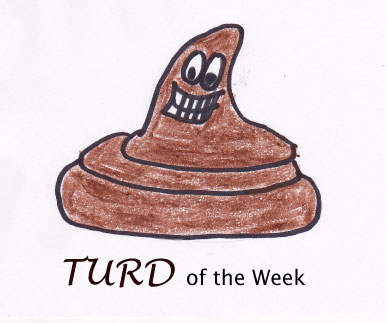While talking to one of the relatives who doesn't eat "any food with a face" I mentioned that I was working rather hard with my bow this year so that I could hunt with it in 2017. After first being chastised for eating meat that is "raised in a closed and fenced off environment just for the pleasure of blood thirsty cannibals" I was commended on at least not eating meat that is "most certainly poisoned with lead from the shotguns used to kill it".
I sometimes wonder where in the heck people get these kinds of ideas.
I sometimes wonder where in the heck people get these kinds of ideas.




Comment